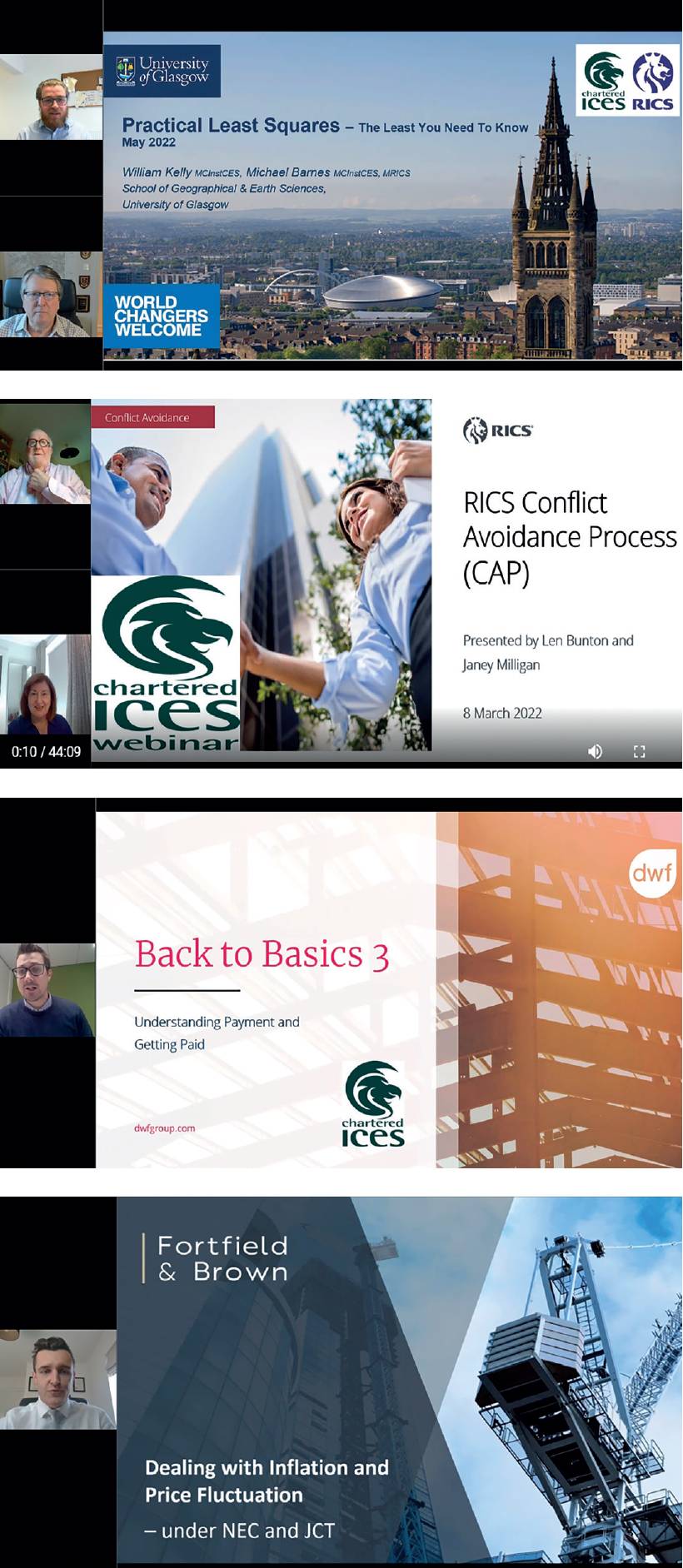The Construction Industry Council gives a verdict on the Building Safety Act
The Construction Industry Council (CIC) has welcomed the Building Safety Act, with some reservations as it receives Royal Assent. CIC and its membership of the professional bodies across the built environment have been liaising with officials at the department for levelling up, housing and communities (DLUCH) since the Grenfell tragedy in 2017. The act also sees the establishment of a New Homes Ombudsman.
It represents a paradigm shift in the way in which residential buildings are to be designed, built, managed and regulated. However, despite the scale of the act (262 pages) and the vast number of amendments that have been made to it, there is still more to be done through secondary legislation which CIC and its members state they stand ready to assist government with. One issue they believe needs to be addressed is that, despite the five years that have elapsed since Grenfell, the wider industry is still ill-prepared for the changes to come.
Benefits include improved competence across all sectors engaged in the design, construction, maintenance, management and regulation of residential buildings. However, while welcoming the Act, which has taken two years since the publication of a draft bill in 2020, CIC has a number of concerns. This includes the impact of extended liability, such as for any works to dwellings (whether higher risk or not), and under the s38 of the Building Act. In particular extending the period of liability under the Defective Premises Act from six to thirty years and retains the belief that such a period of retrospective strict liability is unworkable for practical and contractual reasons. This amendment is likely to further exacerbate an already uncertain market for professional indemnity insurance.
The Aubrey Barker fund
In celebration of 50 years, the Aubrey Barker Fund has introduced the Golden Jubilee Prize to further raise awareness the survey and land economy professions and their sustainable world contributions.
Applicants to the competition are asked to produce a video clip of a maximum two minutes duration that addresses the theme ‘How can surveyors lead us into a sustainable future?’ Submissions will be assessed on the extent to which the submission creates awareness of the surveying profession, the extent to which the submission addresses global sustainability needs, in particular the needs of developing countries and their demonstration of novel ideas, creativity and clear messaging.
Entry is open to individuals and groups (of three students or less) enrolled in a survey, land economy or related degree at a higher education institution, with a deadline of 13 June and winners announced on 31 July. Prizes include £500 cash.
For more details of the competition, and of further grants, visit their website at aubreybarkergrants.org.
The National Underground Asset Register public consultation
The Geospatial Commission has recently launched a public consultation regarding the future operating model of the National Underground Asset Register (NUAR) which realises the government’s commitment to funding to build a digital service for sharing data on the location of underground pipes and cables also known as assets. This consultation focuses on what is needed to run the service in the future once this current build phase has concluded. The consultation is open until 2 June 2022 with responses submitted online via https://www.gov.uk/government/consultations/the-national-underground-asset-register-nuar.
International Cost Engineering Council (ICEC) World Congress 2022
The International Cost Engineering Council (ICEC) World Congress 2022 organising committee have promised an interesting programme for their event in June. Topics being covered include those related to actual and future developments, as well as data management and the application of cost engineering in sustainability projects. Presentations on traditional subjects will also feature, such as estimating and project controls. Those attending and presenting are from all continents, resulting in knowledge and developments being shared from different backgrounds and origins. CICES president, Andy Evans, will be presenting the white paper ‘Transforming the civil engineering surveyor’ at the congress.
Keynote speakers for the event are Dutch architect Winy Maas, who in keeping with the conference’s main theme which is ‘Predictable Projects in a Dynamic World’, will talk about his vision for the city of the future, with a view to densification, greenery, and sustainability. Plus, the Future City: What’s Next?, Sander Pluijm, a participant in the Volvo Ocean Race in 2017, will explain how a sailing race has many overlaps with businesses such as preparation, big data, and collaboration. A further keynote speaker is aso to be announced.
It will be the first hybrid event for the ICEC World Congress, combining an in-person conference experience, with a virtual environment. For those who cannot attend physically, the live presentations held at ‘De Doelen’ in Rotterdam can also be attended online. All participants will have access to an on-demand library of pre-recorded presentations and papers.
Registration fees and more information on the event which takes place 12-15 June in Rotterdam in The Netherlands can be found at https://icecworldcongress.com.
Webinar roundup
Thanks to everyone who has contributed to spring’s series of webinars.
This included Glasgow University’s Michael Barnes and William Kelly who spoke on ‘Practical Least Squares – the least you need to know’, speakers from the Royal Institution of Chartered Surveyors, Janey Milligan and Len Bunton who presented ‘Conflict Avoidance process’, David McNeice of legal and business services, DWF, on ‘Understanding Payment and Getting Paid’, and William Brown of construction law firm, Fortfield & Brown, on ‘Dealing with Inflation and Price Fluctuation under NEC and JCT’.
